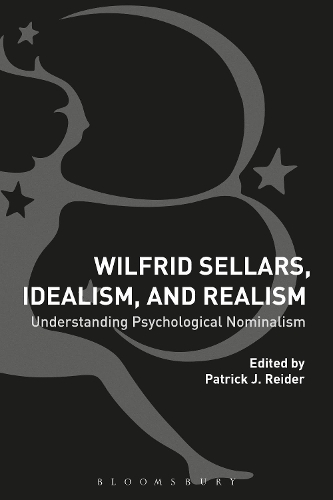
Wilfrid Sellars, Idealism, and Realism: Understanding Psychological Nominalism
(Hardback)
Available Formats
Publishing Details
Wilfrid Sellars, Idealism, and Realism: Understanding Psychological Nominalism
By (Author) Dr Patrick Reider
Bloomsbury Publishing PLC
Bloomsbury Academic
17th November 2016
United Kingdom
Classifications
Tertiary Education
Non Fiction
191
Physical Properties
Hardback
208
Width 156mm, Height 238mm, Spine 18mm
460g
Description
Wilfrid Sellars, Idealism, and Realism is the first study of its kind to address a range of realist and idealist views inspired by psychological nominalism. Bringing together premier analytic realists and distinguished defenders of German idealism, it reveals why psychological nominalism is one of the most important theories of the mind to come out the 20th century. The theory, first put forward by Wilfrid Sellars, argues that language is the only means by which humans can learn the types of socially shared practices that permit rationality. Although wedded to important aspects of German idealism, Sellars' theory is couched in bold realist terms of the analytic tradition. Those who are sympathetic to German idealism find this realists appropriation of German idealism problematic. Wilfrid Sellars, Idealism and Realism thus creates a rare venue for realists and idealists to debate the epistemic outcome of the mental processes they both claim are essential to experience. Their resulting discussion bridges the gap between analytic and continental philosophy. In providing original and accessible chapters on psychological nominalism, this volume raises themes that intersect with numerous disciplines: the philosophy of mind, philosophy of language, epistemology, and metaphysics. It also provides clarity on arguably the best available account of why humans can reason, be self-aware, know, and act as agents.
Author Bio
Patrick J. Reider teaches at Misericordia University, USA.
